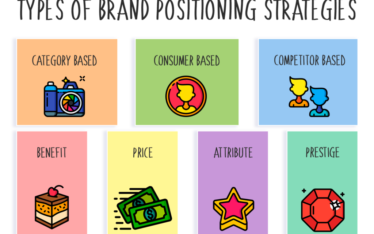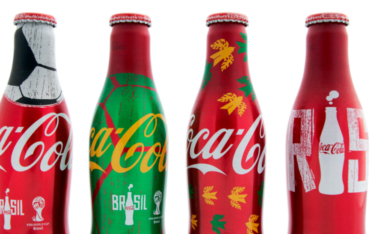According to the report, 25% of product purchase decisions are led by cultural relevance. A brand attaching itself to culture, which the study also learned is a term as big as the side of a barn, is nearly as important as having a strong brand image.
Brands fight for mindshare and this research indicates that there is an opportunity for companies to tap into the power of culture. The survey asked 865 consumers about their opinions regarding brand involvement with culture, and perhaps not surprisingly, the survey found that the brands that are “culturally relevant are brands that align well with cultural events, promote trends that define today’s culture, and support social issues that benefit everyone.”
Not just that consumers are OK with it, but consumers think it’s important for being involved—giving back, philanthropy this pointing out that a survey found that 58% of consumers agree that brands should be philanthropic. “A lot of consumers expect it for brands to be involved.
But what “culture” means has shifted. The research looked at definitions of “culture” and found that 83% of consumers think of the term as something beyond the traditional notions of family, food, language, or religion. Instead, respondents also include “pop culture” (music, arts, social trends, etc) and “current affairs” (sports, current events, politics) into the culture bucket. Brands, the survey suggests, should take notice.
Culture, according to Stephanie Prager, global head of agency development at Twitter, “is broad-based, and how you identify what those cultural moments are that are relevant and resident to your brand is where we start to be able to be more targeted in how brands can actually inject and interject themselves in those moments.”
While product price represented 25% of a consumer’s purchasing decision making, the perception of a brand—the brand attributes and qualities—pushes 31% of the decision-making process.And that’s where there’s opportunity for brands.
Greg Longstreet, CEO of Del Monte, explained how the packaged food company has put “sustainability” at the heart of its messaging. Its recent campaign, Growers of Good, is a “holistic approach” to working with family farmers, protecting the environment and producing nutritious foods, Longstreet said.
“It’s very much interwoven in our values and beliefs,” he said, adding the company has increased its marketing spend 25% on media to support the Growers of Good message.




